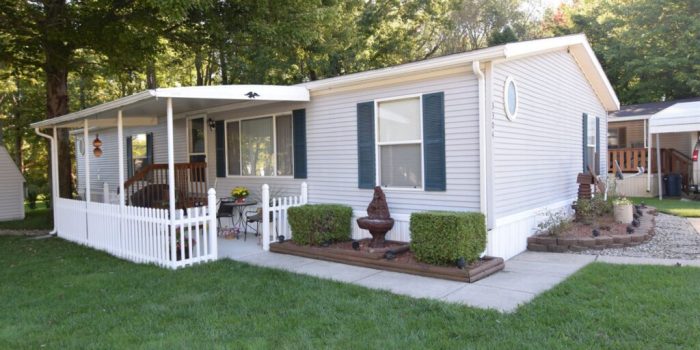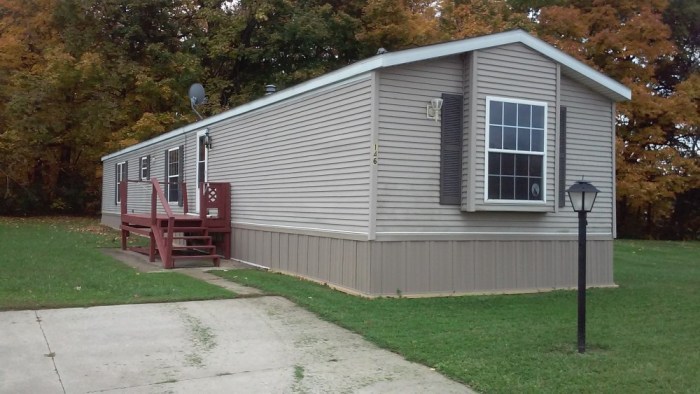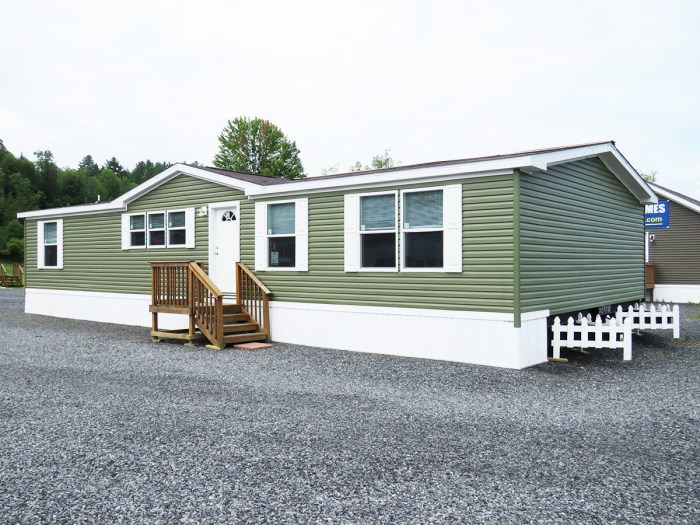Trailer House for Rent Your Guide
Trailer House Rentals: A Comprehensive Guide
The market for trailer house rentals is a dynamic and diverse sector of the housing market, offering a unique blend of affordability and flexibility. This guide provides a detailed overview of the current market trends, factors influencing rental prices, practical considerations for renters, and legal aspects to ensure a smooth and informed rental experience.
Market Overview: Trailer House Rentals
The trailer house rental market exhibits significant regional variations. Coastal areas and regions with robust economies often command higher rental rates, while rural areas may offer more budget-friendly options. The typical renter profile includes individuals and families seeking affordable housing, often those on a fixed income, young professionals, or individuals transitioning between housing situations. Rental rates vary considerably based on location, size, age, and amenities.
Single-wide trailers generally rent for less than double-wide units, and newer, well-maintained homes fetch higher prices.
| Location | Average Rental Price | Typical Size (sq ft) | Amenities |
|---|---|---|---|
| Rural Midwest (example) | $700 – $1200 | 800 – 1200 | Basic appliances, off-street parking |
| Suburban South (example) | $900 – $1500 | 1000 – 1400 | Appliances, central air conditioning, yard |
| Coastal California (example) | $1500 – $2500+ | 1200 – 1800 | Appliances, upgraded finishes, ocean views (in some cases) |
Factors Influencing Rental Prices

Source: bfmilitary.com
Several key factors significantly impact trailer home rental costs. Location plays a crucial role, with desirable areas near amenities or with scenic views commanding higher prices. The condition and amenities of the property itself are equally important; well-maintained homes with modern appliances and updated features fetch higher rents. Market demand and seasonality also influence rates, with peak seasons often seeing increased rental costs.
- Location: Proximity to employment centers, schools, and amenities directly affects rental prices.
- Property Condition & Amenities: Newer homes with updated appliances and features command higher rents than older, less-maintained units.
- Market Demand & Seasonality: High demand in specific areas or during peak seasons can drive up rental rates.
- Trailer Home Type: Single-wide trailers generally rent for less than double-wide or manufactured homes, reflecting differences in size and features.
Finding and Vetting Rentals

Source: parkbridgehomes.com
Finding a suitable trailer home involves a systematic approach. Start by searching online classifieds, real estate websites, and local newspapers. Thoroughly vet potential listings by verifying the landlord’s identity and checking for any negative reviews or complaints. A comprehensive inspection before signing a lease is crucial to identify any existing issues. This should include a visual assessment of the structure, appliances, plumbing, and electrical systems.
A pre-rental inspection checklist should include:
- Exterior condition (roof, siding, foundation)
- Interior condition (walls, floors, ceilings)
- Appliance functionality (refrigerator, stove, oven, etc.)
- Plumbing and electrical systems
- Heating and cooling systems
- Safety features (smoke detectors, carbon monoxide detectors)
Lease Agreements and Legal Considerations
Trailer home rental agreements typically include clauses outlining rent amount, payment schedule, lease term, tenant responsibilities for maintenance and repairs, and procedures for lease termination. Landlords are generally responsible for major repairs, while tenants are usually responsible for minor repairs and upkeep. Breaking a lease can have legal and financial consequences, potentially resulting in penalties or legal action. Lease terms vary, with common options including month-to-month and year-long leases.
Living in a Trailer Home: Practical Aspects

Source: village-homes.com
Maintaining a trailer home involves regular upkeep and preventative maintenance. This includes cleaning gutters, inspecting the roof, and addressing any leaks promptly. Utilities typically include electricity, water, and potentially sewage. Common challenges include potential issues with insulation, heating/cooling, and limited space. Solutions often involve investing in energy-efficient upgrades, using space-saving furniture, and employing smart storage solutions.
Finding a trailer house for rent can be a surprisingly affordable housing option, especially when compared to traditional homes. If you’re looking for more permanent housing options in the area, however, you might consider checking out the wider selection available at tacoma houses for rent. Ultimately, the best choice depends on your budget and lifestyle preferences, but exploring both trailer parks and traditional rentals can help you find the perfect fit.
Imagine a cozy interior: Sunlight streams through a large window illuminating a freshly painted living room with a comfortable sofa and a charming coffee table. A modern kitchen features updated appliances and ample counter space, seamlessly connecting to a dining area. The bedroom boasts a queen-sized bed and built-in storage, while the bathroom showcases clean lines and updated fixtures.
The entire space feels bright, airy, and efficiently designed, maximizing comfort within a smaller footprint.
Community and Neighborhood Aspects
Living in a trailer park community offers both advantages and disadvantages. Positive aspects can include a sense of community, affordability, and shared amenities. However, drawbacks may include potential noise levels, shared facilities, and proximity to neighbors. A positive living experience hinges on respectful interactions, adherence to community rules, and a focus on fostering positive neighborly relations. Compared to other residential areas, trailer park communities often exhibit a stronger sense of shared responsibility and collective identity.
FAQ Insights
What are the typical utilities included in trailer home rent?
This varies greatly by location and landlord. Some may include water and sewer, while others may require tenants to pay separately. Electricity and gas are usually tenant responsibilities.
Can I make modifications to a rented trailer home?
Generally, significant modifications require the landlord’s written permission. Minor repairs are usually the tenant’s responsibility, while larger repairs fall under the landlord’s purview, as specified in the lease.
What if there are maintenance issues during my lease?
Report maintenance issues promptly to your landlord. The lease agreement will Artikel who is responsible for repairs, typically the landlord for major issues and the tenant for minor ones.
How long are typical lease terms for trailer homes?
Lease terms vary, but common lengths include six months, one year, or even longer. Always review the specific terms of your lease agreement.




















